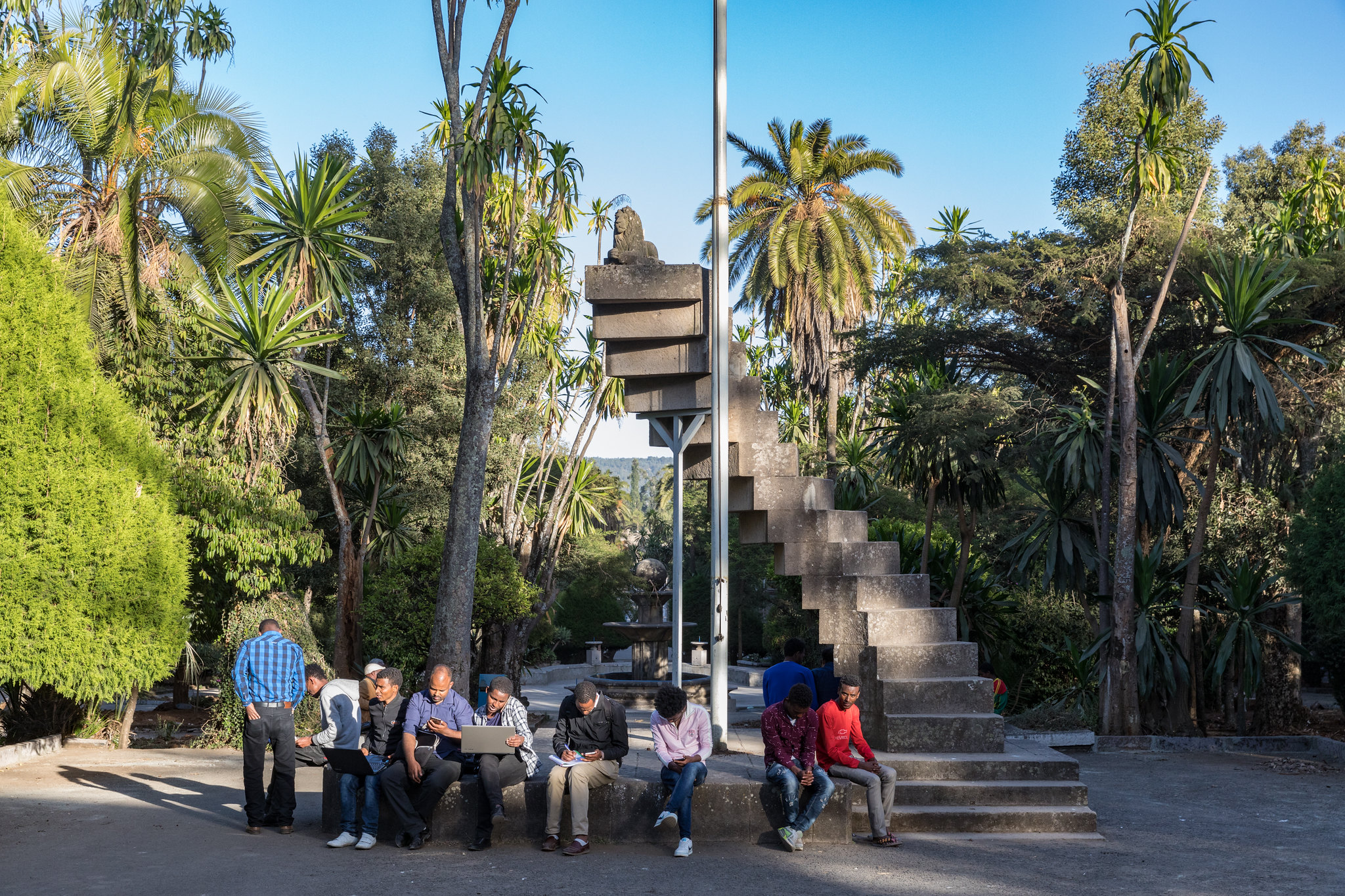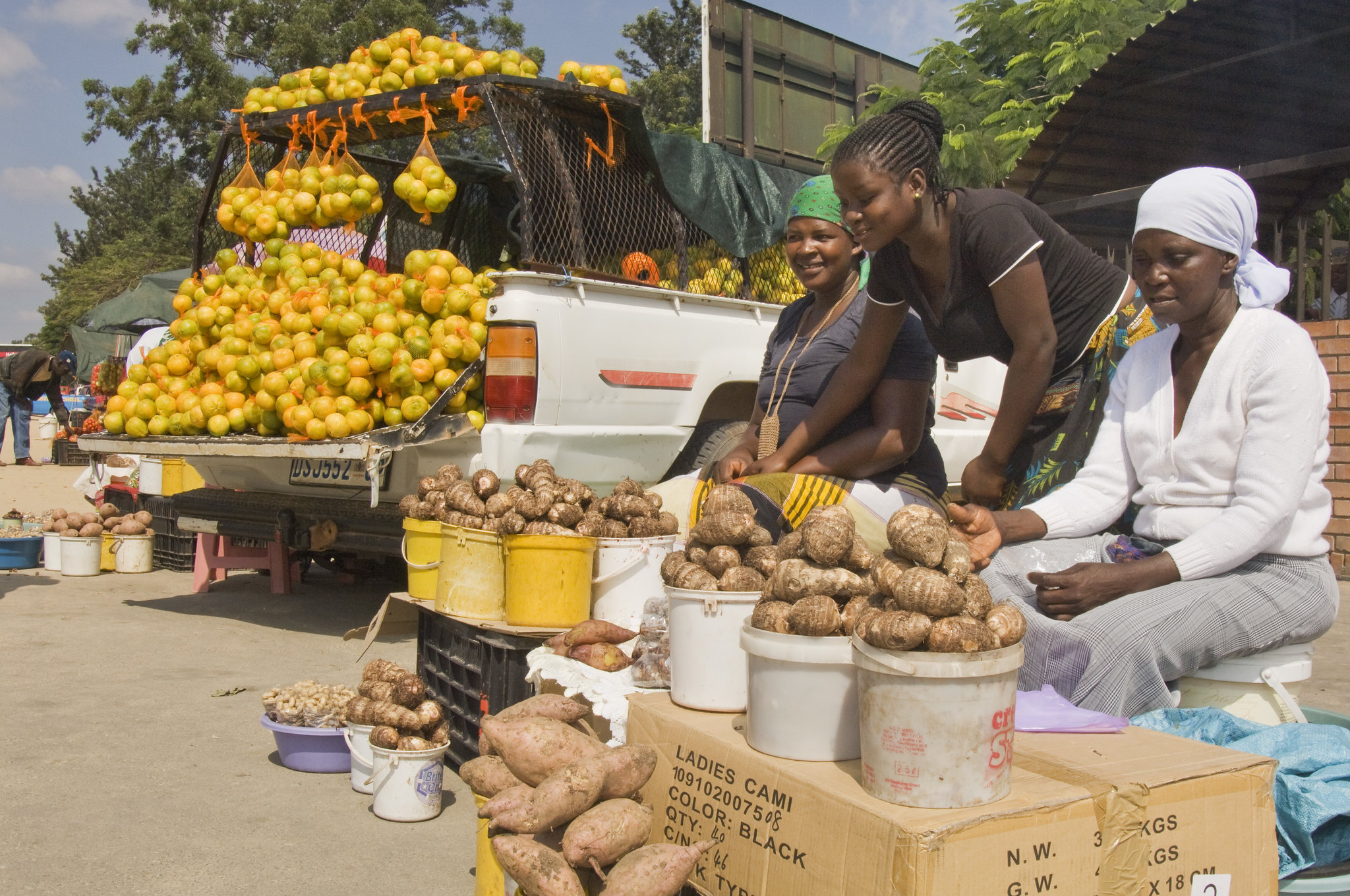Ethiopia has published a Draft Trade Policy that sets out the government’s ambitions for its international and domestic trade. It needs further consideration before its adoption, but political stability and an enabling business environment will be key to it achieving its objectives, writes Bereket Alemayehu Hagos.
The Government of Ethiopia recently released its Draft Trade Policy. The 46-page document is intended to serve as a guideline for the government when negotiating and implementing bilateral, regional, and multilateral trade agreements and when adopting domestic policies to facilitate and regulate trade.
For years, Ethiopia has lacked a single comprehensive trade policy document. Instead, it had a raft of general economic plans and policies to fill the gap, notably the previous Growth and Transformation Plan I, Plan II. and the current Ten Years Development Plan. These documents focused on increasing Ethiopia’s market access, competitiveness, and strengthening its economic relations with other countries.
What makes the Draft Policy different from the other policy documents is its focus on outlining Ethiopia’s trade strategy. Such a document should have been adopted before Ethiopia applied to join the World Trade Organization (WTO) in 2003 and before joining the African Continental Free Trade Area (AfCFTA) in 2019. But, as they say, better late than never.
What is in the Draft Policy?
The Draft Policy outlines the government’s objectives, priorities, and challenges regarding trade. It recognises the macroeconomic and climatic vulnerabilities associated with the economy’s excessive dependence on exporting agricultural commodities and emphasises the importance of diversifying exports and increasing market access for Ethiopian products. The latter objective is to be achieved by expediting Ethiopia’s accession to the WTO, implementing the AfCFTA Agreement, and entering into other trade arrangements.
The Draft Policy has the goal of building a competitive, fair, and efficient business environment in Ethiopia, which is conducive to traders and investors and robustly protects consumers. Reducing Ethiopia’s high trade costs and improving its customs system have been identified as priority areas. These challenges are caused by the country’s land-locked status, underdeveloped logistics and internal transport systems, as well as an inefficient customs system. Another objective of the Draft Policy is to help generate foreign currency through the economy’s integration into other economies, supplementing the macroeconomic policy.
The Draft Policy recognises the ever-expanding scope of trade policy and identifies specific issues and stakeholders in trade. It urges that issues of gender, climate change, jobs (workers’ interests), disabled people, and micro to medium-sized enterprises be mainstreamed into trade policy development and implementation. Moreover, the Draft Policy states that, although the Ministry of Trade and Regional Integration leads the development and implementation of trade policy, several other government agencies need to participate. It also envisages the role of development partners in implementing trade policy reforms, including supporting doing-business reforms and export promotion. Finally, it includes a system for monitoring and evaluating its implementation and impact.
Observations on the Draft Policy
Some major things stand out when reading the document. Primarily, the Draft Policy must be regarded as part of Ethiopia’s development policy. It is important to adopt the approach of the UN Conference on Trade and Development’s (UNCTAD) Trade Policy Frameworks for Developing Countries that situates “trade policy as a branch of development policy, relating this topic to the Sustainable Development Goals”. This demands a holistic approach to the Draft Policy, aligning it with all areas related to trade, including industrial policy, environmental policy, and educational policy. Thus, the role and implications of the Draft Policy in addressing Ethiopia’s major economic problems must be analysed and incorporated into the Policy.
The Draft Policy needs revision concerning the protection of intellectual property rights (IPRs). It states that IPR protection encourages innovation, enhances domestic and foreign investments, and improves competitiveness. However, it does not give sufficient attention to another aspect of IPRs, which is granting access to the public to the products, works and methods protected by the rights. This is particularly relevant given the recent controversies regarding patent protection and access to vaccines in response to the Covid-19 pandemic.
Other areas of the Draft Policy need further consideration. It is important to list all relevant government agencies along with their areas of interest, such as the Ministry of Finance and the Ethiopian Customs Commission on fiscal aspects of trade and the Ethiopian Standards Institute on product standards. This can help instil a sense of ownership and commitment on the part of the agencies, which must be followed by massive campaigns to train their relevant staff on how the Draft Policy should be implemented. Likewise, further engagements with the private sector to solicit input for the Draft Policy as well as address the sector’s needs and concerns are essential.
Since the Ethiopian Council of Ministers, the federal executive wing of the government, is yet to approve the Draft Policy, some parts of it might change before its adoption. The Council needs to examine and adopt the Draft Policy as soon as possible. Ethiopia’s WTO accession process has recently resumed and the government has also recently established a National AfCFTA Implementation Committee and is preparing to develop a National AfCFTA Implementation Strategy. The finalisation of the Draft Policy would help guide all stakeholders in implementing these important measures.
The elephant in the room
The aforementioned UNCTAD publication states that local constraints can be bigger challenges for exporters than tariff and non-tariff barriers in foreign markets. In Ethiopia, these challenges include political instability, a difficult bureaucracy, and a challenging business environment. Addressing these problems would greatly help the Ethiopian economy benefit from trade and investment.
Restoring political stability by engaging all stakeholders should be a priority. Without losing sight of the shocks that the economy recently experienced, the different conflicts in Ethiopia have caused (and are still causing) huge human and economic costs. The two-year war in northern Ethiopia resulted in the reduction of agricultural production, exports, trade and investment, not to mention Ethiopia’s suspension from the preferential trading benefits under the US African Growth and Opportunity Act. In May this year, the government estimated the cost of rehabilitating northern Ethiopia at USD 20 billion for the next five years. The Draft Policy does not mention the impact of the war and ongoing conflicts on the country’s trade and investment. However, it would be practically impossible to successfully implement trade and other reforms and attract investment that the Draft Policy envisages in the absence of stability. If coupled with serious measures to reinstate stability, however, the Draft Policy can serve as part of Ethiopia’s economic rehabilitation plans.
While it is useful to have the Draft Policy, whatever desired objectives contained in it can be realised for the benefit of the Ethiopian people only under a stable political system, supported by an enabling trade and investment environment.
Photo credit: Pexels





